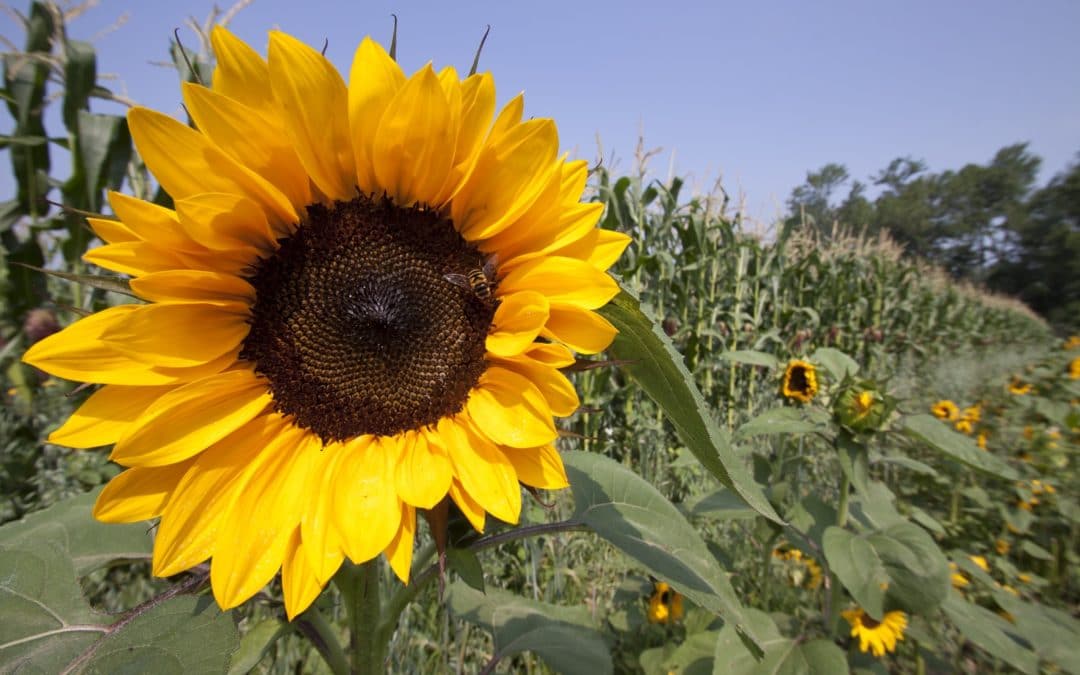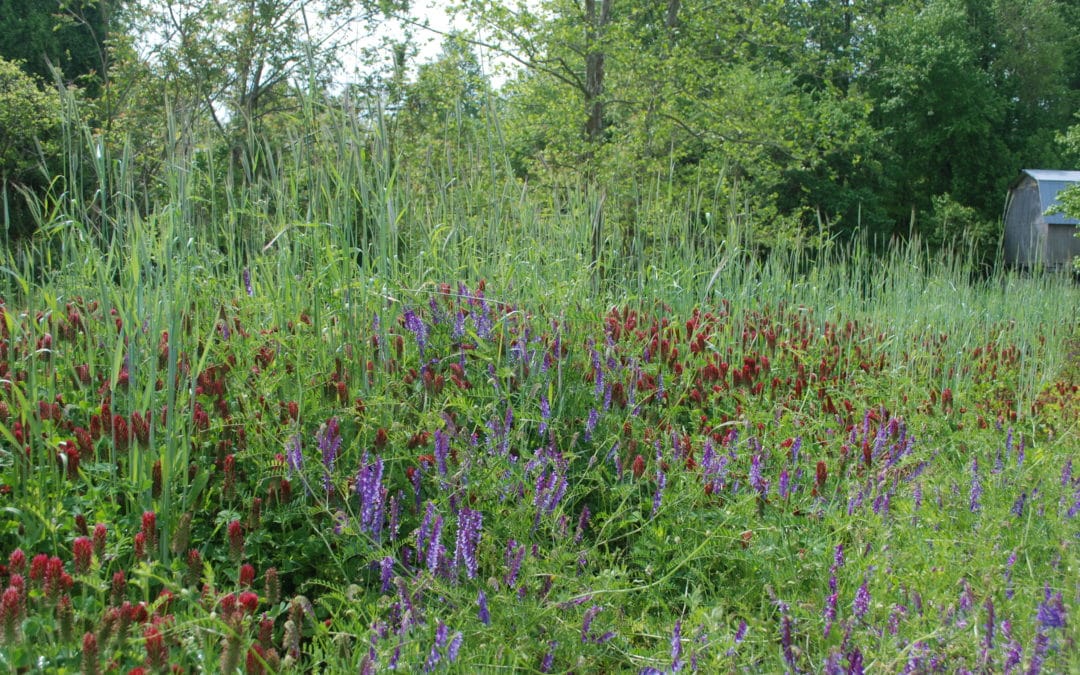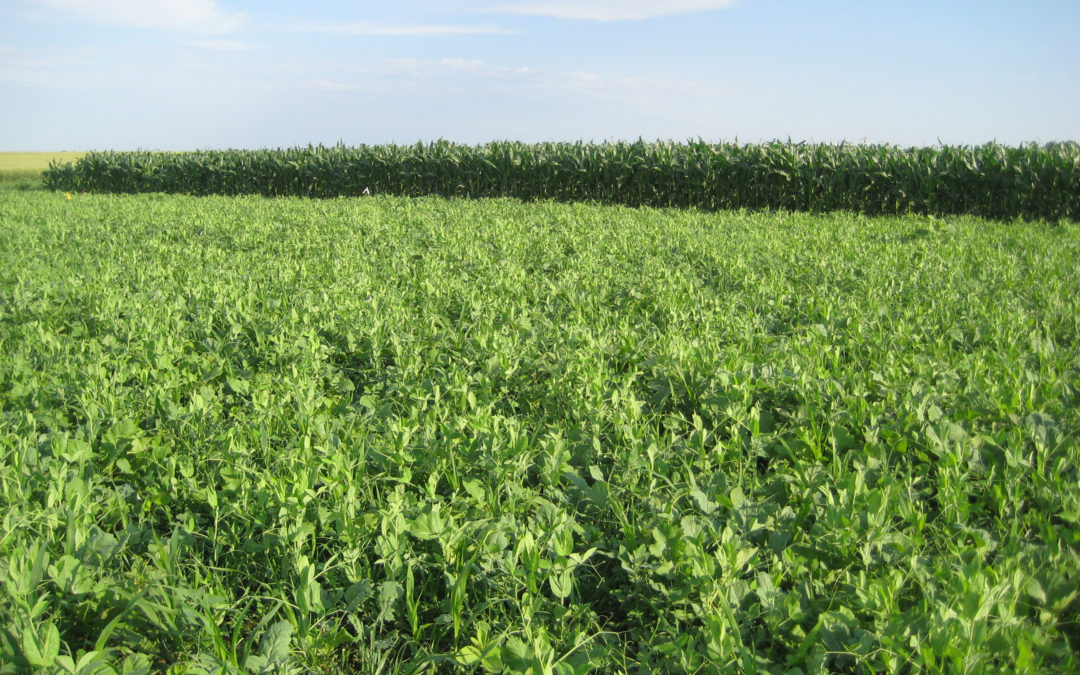
Cover Crops and Biological Farming
In this excerpt from “Advancing Biological Farming,” Gary Zimmer discusses the critical importance of cover crops in a biological farming system.

In this excerpt from “Advancing Biological Farming,” Gary Zimmer discusses the critical importance of cover crops in a biological farming system.

In this excerpt from his book “Roller/Crimper No-Till,” Jeff Moyer discusses the benefits of cover crops in a no-till system.

The sunflowers attract stinkbugs, specifically the leaf-footed bug, which aggressively attacks tomatoes and peppers. The sunflower is acting as a trap crop, keeping the pest away from the farm’s cash crop. In addition, buckwheat attracts a wide array of beneficial insects, including native pollinators.

Cover crops are increasingly being used by farmers across the country to suppress weeds, conserve soil, protect water quality and control pests and diseases.

Among the myriad of benefits cover crops provide to a row crop or vegetable operation, Clemson University researchers have found another one: Cover crops do not deplete water stored in the soil profile, thus preserving the precious resource for the cash crop — an all important function, specifically in times of drought.